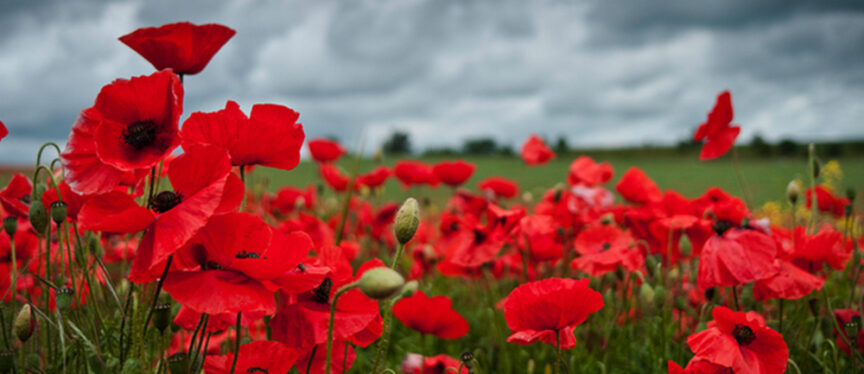I’ve been thinking about how many things we’ve come to take for granted in our nation. For example, what is 4 July all about? Fireworks, right? You’d think that if you drove down the streets of Merced and saw all those booths.
And then there is Christmas. Or Easter. How many people that you see each day, understand the history or significance of these days?
To that we could add Memorial Day or Columbus Day. We might quit celebrating Columbus Day if we gave serious attention to what happened when Columbus came here.
The central cause of our forgetfulness is that we don’t keep the stories fresh that inform these events. We all know what happens when we forget our stories. When my grandparents Pearce died, our family Christmases started to drift and eventually stop because we didn’t keep telling the stories.
That is why Joshua told Israel to build a pylon to commemorate crossing the Jordan River. God said to him, “When your children ask what these stones mean you have a golden opportunity to tell them the story of what happened here.” Joshua 4:5.
The same is true of the Passover Meal. God asked God’s people to keep this practice in order to keep alive the story of the defeat of Pharoah and the release of the children of Israel. At the beginning of the Seder service, the people gathered round the table chant this:
This is the festival of Passover, the season of our freedom. In the springtime of the year, we remember the Exocus of our forbearers, their suffering, and struggle, their liberation after many years of slaver. We join all the generations—linking the past with the present and the future—as we observe the commandment to celebrate the Festival of Passover.
Imagine what would have happened if the ancient Jews eventually started saying, “do we really have to do this every year.” And “I’m so tired of lamb. Lamb this and Lamb that. Let’s have a different menu for once.” What do you think would have happened if they had sushi or pad thai?
I call this dumbing down. Not caring. Letting remembrance be more about my comfort than the keeping the memory alive and fresh.
What I am saying is that there is a very clear meaning to what Jesus left us and that we call the Lord’s Supper, Communion, or Eucharist. This is not some random meal, and it is calculated to have a particular purpose.
First, this meal began at a Passover meal that Jesus celebrated with his disciples before his trial and death. So there’s that. Those sitting at the table were already in an Exodus kind of mind. Thinking about their forebears who were rescued from the clutches of Pharaoh. This is very significant. It’s a meal of deliverance.
Second, Jesus redefined some of the elements. [Take the Bread] The bread of haste, with no leaven and baked over a fire became “the body of Christ.” Jesus’ disciples would never ever be able to think of the Passover meal as they had in the past. [Pray and eat.]
In the Seder service there are four cups of wine which are drunk. sanctification, plagues, redemption, and praise. [Take the cup] Jesus took the third cup and said, “this is my blood of the covenant poured out for you for the forgiveness of sins.” FORGIVENESS. [Pray and Drink]
Imagine what would happen if these elements were not taken seriously. Stage one would be laziness or indifference about telling the story. Stage two would be a failure of memory. “Now why do we do this?” Stage three would be consideration of not being so careful about keeping the practice. “Let’s do it once a month.” And Stage four would be complete amnesia. No one knows the story and also cannot transmit it to others.
So why do we celebrate the 4th of July, and how, beyond the fireworks stand do we convey that tradition and information?
That is the dilemma of the Lord’s Supper.

